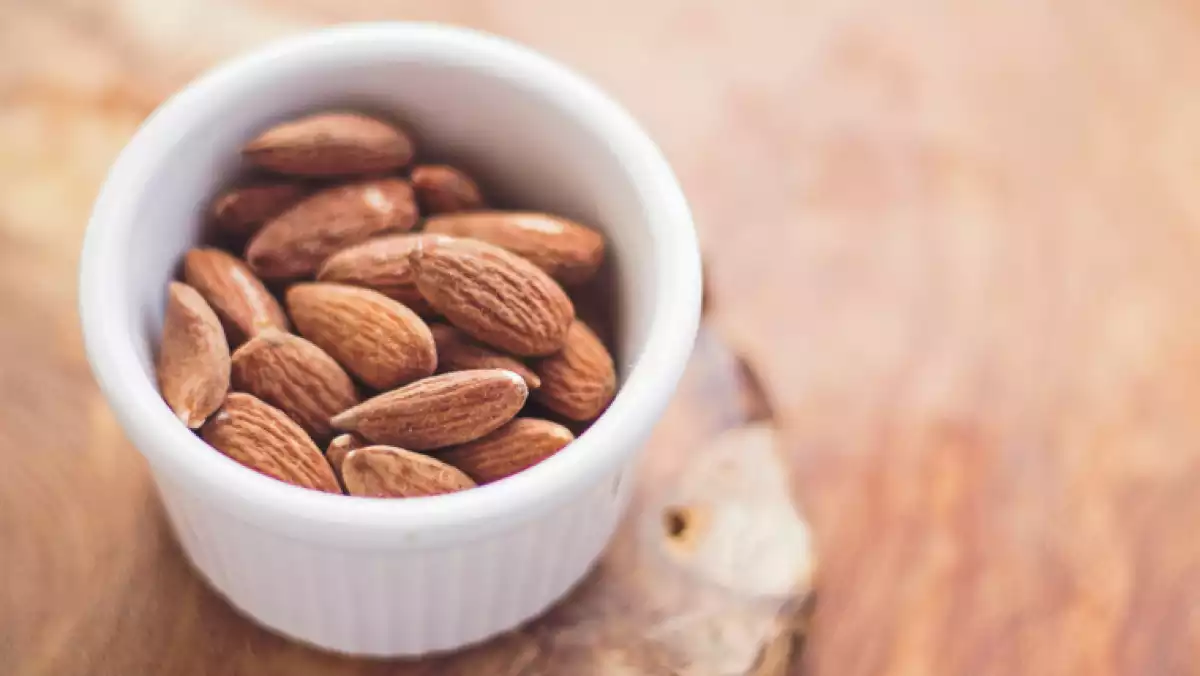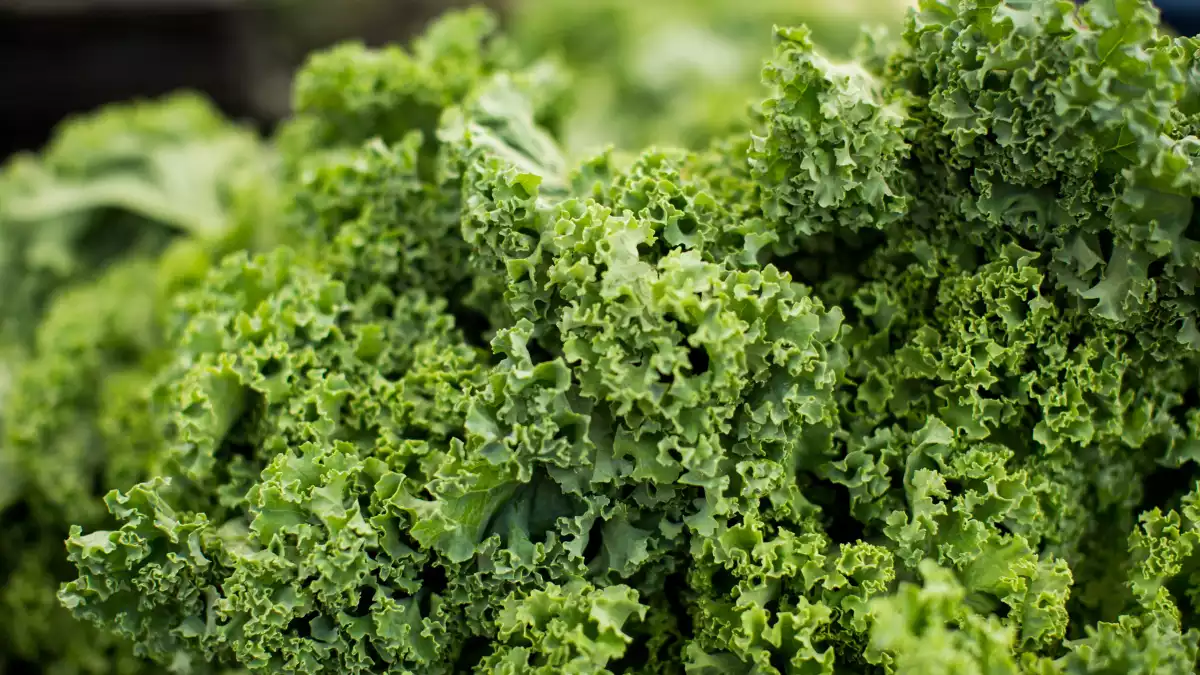
A deficit in macronutrients and micronutrients - essential nutrients as they are called, causes imbalances in the body and the only way to ensure we have a healthy diet is to include all the macros and micros that we need.
We will have a closer look at what nutrients are, what types there are, and which foods contain each of them. We will also examine the difference between micro and macronutrients.
What are essential nutrients?
Macronutrients and micronutrients are chemical compounds that our bodies need to function correctly. Because we don't produce enough of these substances, we need to supplement our essential nutrients from external sources.
Macronutrients, as well as micros, are vital for our health and for preventing illnesses, and they also have a crucial role in growth and reproduction.
But where exactly do we find these life-sustaining compounds? Macronutrients are the primary nutrients that make up the food we eat, and there are three that we need to eat in higher quantities:
Carbohydrates
Protein
Fat
On the other hand, micronutrients are essential elements required by our organisms in small amounts and these include:
- Vitamins
- Minerals
- Water*
We need to make a special mention of water. It isn't a nutrient per se, but it is the most important substance for life on Earth, and it often contains naturally occurring micronutrients such as calcium and salts.
Having a healthy, balanced diet ensures that we allow our bodies to access the macros and micros we need. As an example, fruit and vegetables tend to be rich in vitamins and minerals but poor in fatty acids and protein. This is why we need to add meat, for protein, and dry fruit, seeds, and fish to add those precious omega-3 fatty acids.
The 6 types of nutrients and where to find them
When looking at micro and macronutrients together, we can say that we have six essential nutrients: water, protein, vitamins, minerals, and carbohydrates.
We will have a look at their properties and at specific foods that contain these essential nutrients.
Macronutrients
1. Water
If we consider the fact that approximately 60% of our bodies are made up of water, it won't come as a surprise to hear that water is regarded as the most vital element that sustains life - although it is not an essential nutrient in itself. This liquid substance allows the transport of other nutrients to our cells via the blood; it also facilitates toxin elimination and ensures the overall functioning of our organisms.
Fruit and vegetables contain significant amounts of water, which is why eating them will hydrate your body. Natural juices and smoothies are an ideal option of adding more water into our diets.
Adults should consume 25 to 35 milliliters of fluids per kilogram body weight or 2 to 3 liters per day, increasing the amount in case of physical activity.

2. Protein
Proteins are the second most crucial macronutrient that our bodies need - protein is a pivotal element in cell structure, muscle growth, bone, skin, hair, and nail health. It also plays a significant role in creating antibodies for our immune system and helps produce hormones. Therefore, protein is an important essential nutrient that promotes overall health and growth.
Proteins are made up of amino acids, and an adult needs all 22 types of amino acids to function correctly. The body cannot produce nine of these acids, called essential amino acids - this is where a strategic diet choice comes into play.
The difference between plant and animal proteins is the number of amino acids that they contain which is why it's important to eat various foods that cover all our nutritional needs.
The most common sources of animal protein are meat, especially red meat, fish, milk, and eggs.
There are also vegan options, such as soybeans, wholegrain cereal, dry fruit, and quinoa, to mention a few. Specialists recommend consuming 50% of animals protein and 50% plant protein.

3. Carbohydrates
Carbohydrates represent our primary source of energy, and they fulfill an essential role in the functioning of our nervous and immune systems.
The most important question is what type of carbohydrate you should choose to eat? Some sources are healthier than others. For example, healthy, whole grains such as whole wheat bread, rye, barley, and quinoa are better choices than highly refined white bread or French fries.
There are mostly three types of carbohydrates that we need to be aware of:
1. Sugars - simple carbohydrates, fruit sugar, table sugar
2. Starches - complex carbohydrates, potatoes, couscous, bread, pasta
3. Fiber - grains, fruit, vegetables, nuts, and legumes
4. Oligosaccharides - this category of carbs falls between starches and sugars, leeks, onions, garlic, asparagus, wheat
Pasta is a popular choice for adding carbs into our diets, especially if the level of physical activity is high which makes it ideal for athletes. The recommendation is to avoid refined carbs that contain high amounts of sugar, as they favor weight gain and cell aging.

4. Fats and fatty acids
Many people wrongly believe that fats, which represent an important source of energy, are dangerous and should be avoided. The reality is far from it. Lipids and fatty acids have various roles when it comes to keeping a healthy body - the most important one is managing inflammation.
Saturated fats, on the other hand, can be detrimental to our health when consumed in large quantities, but fish, dry fruit, olive, sunflower, and soy oil contain healthy unsaturated fats which contribute to our overall health.

Micronutrients
5. Vitamins
The term "vitamin" references a complex of micronutrients that serve a variety of purposes in our bodies as well as in the structures of plants. Although they don't have any calories, vitamins are essential in metabolizing macronutrients.
There are 13 types of essential vitamins, and a balanced diet that includes fruit and vegetable can offer the needed water-soluble vitamins like vitamin C and the B vitamin complex, and also the liposoluble vitamins like A, D, E, and K.

6. Minerals
In this final category of minerals, we can list iron which is involved in creating red blood cells and hormones, calcium which is essential in bone health and the nervous system, and zinc which has many important jobs in our immune system.
Dairy products, legumes, dry fruit, and leafy greens are great sources of calcium, while fish and salt are a source of iodine, and phosphorus can be found in meat and vegetables.

Check out the original article: Nutrientes esenciales: ¿qué tipos hay y qué alimentos los contienen? at viviendolasalud.com
